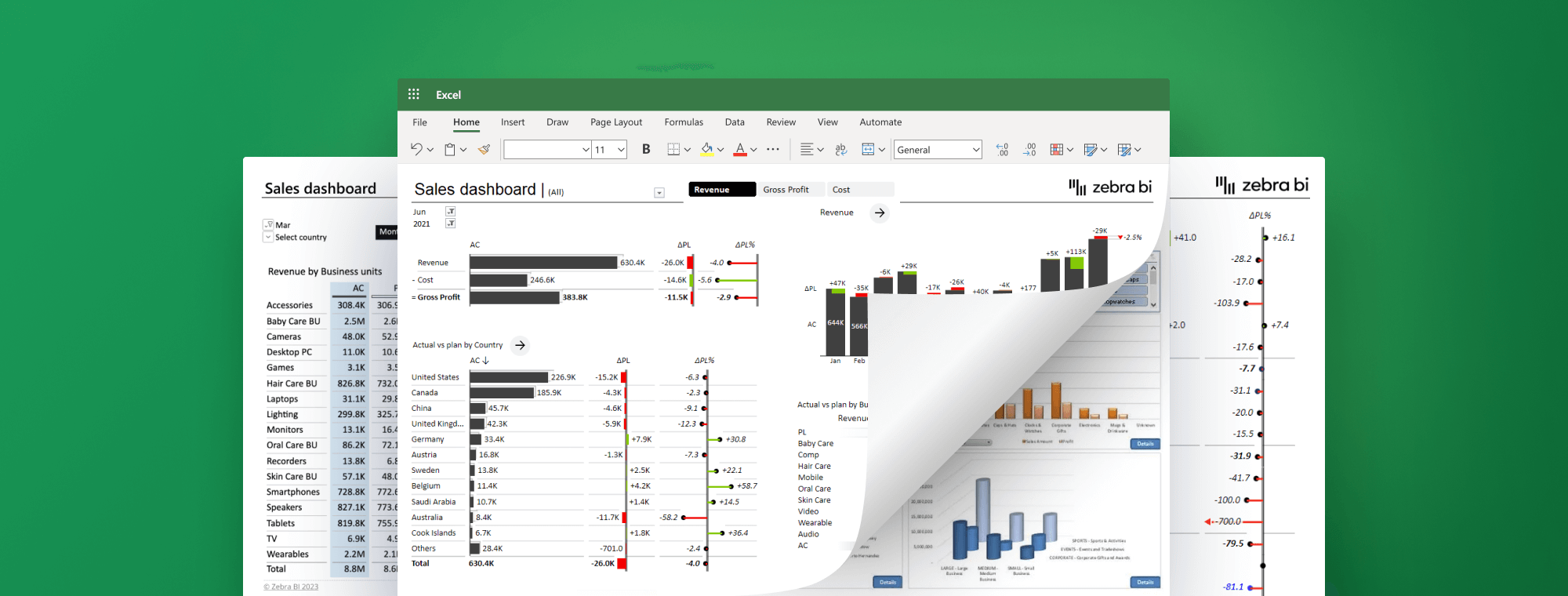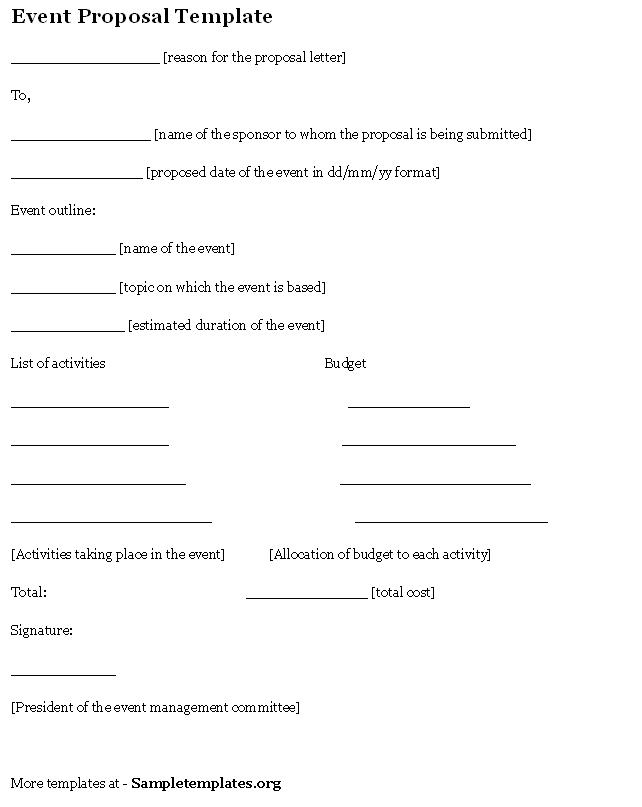Planning an event can be an exciting but daunting task, especially when it comes to presenting a proposal that will win over clients or stakeholders. Mastering the art of how to make a proposal for an event is essential for event planners and organizers looking to secure successful projects. Whether you are proposing a corporate conference, a wedding, or a community event, a well-crafted proposal can make all the difference in showcasing your vision, professionalism, and attention to detail. In this blog, we will explore key strategies, tips, and best practices to help you ace your event proposals and stand out in a competitive market.
Understanding the Importance of Event Proposals
Event proposals play a crucial role in the success of any event. They serve as a detailed roadmap outlining the event objectives, budget, timeline, and logistics. Crafting a well-structured proposal is essential for securing sponsors, vendors, and stakeholders.
The Key Elements of an Event Proposal
When creating an event proposal, it is essential to include key elements such as the event overview, target audience, event goals, budget breakdown, marketing strategy, and evaluation plan. Each section should be meticulously crafted to present a clear and compelling case for the event.
Importance of Tailoring Proposals to Specific Events
It is crucial to customize event proposals to suit the specific requirements of each event. Tailoring the proposal ensures that it aligns with the event theme, audience preferences, and organizational goals. A personalized approach increases the chances of a successful proposal acceptance.
“>
Research and Preparation for a Winning Proposal
Before crafting a compelling proposal for an event, thorough research and strategic preparation are crucial to increase the chances of success. Start by identifying the key details of the event, such as the theme, target audience, and objectives.
Understanding the Event Requirements
Research the specific requirements and guidelines provided by the event organizers. Pay attention to the submission deadline and any mandatory elements that need to be included in your proposal.
Gathering Relevant Data and Statistics
Support your proposal with data-driven insights and relevant statistics to strengthen your arguments. Utilize industry reports or case studies to add credibility to your proposal.
Check the latest trend reports and market analysis to ensure your proposal aligns with the current industry best practices and innovations.

Structuring Your Proposal Effectively
When it comes to how to make a proposal for an event, structuring it effectively is crucial. Start with a compelling introduction that clearly states the purpose of the event proposal. Highlight the key objectives that you aim to achieve through the event.
Clear Objectives
Define your event objectives clearly to provide a strong foundation for your proposal. Clearly outline what you intend to accomplish through the event. Use bullet points to list the objectives for better readability.
Comprehensive Event Details
Provide detailed information about the event, including date, time, venue, and expected audience. Offer a thorough overview of the event flow and schedule to give the reader a clear picture of what to expect.

Highlighting Key Details and Benefits
When learning how to make a proposal for an event, it is crucial to focus on key details and benefits to ensure its success. Highlighting the essential elements of your proposal can make it stand out and increase your chances of winning the bid.
Key Details to Include
Include a detailed outline of the event objectives, target audience, proposed activities, and timeline. Additionally, provide a breakdown of the budget, including itemized costs and potential revenue streams.
Highlight the unique selling points of your proposal and clearly outline how your event will meet the client’s requirements effectively.
Benefits of a Well-Crafted Proposal
A well-crafted proposal showcases your professionalism and attention to detail, instilling confidence in potential clients. It also demonstrates your understanding of their needs and your ability to deliver a successful event.
- Increased Chance of Winning: A comprehensive proposal increases your chances of winning the event bid.
- Client Satisfaction: By highlighting key benefits and details, you can ensure client satisfaction and build long-term relationships.
- Enhanced Reputation: A successful proposal can enhance your reputation in the event planning industry.
Visual Elements and Presentation Techniques
When crafting a proposal for an event, leveraging visual elements and engaging presentation techniques can significantly enhance its overall impact and effectiveness.
Utilizing High-Quality Images
Images play a crucial role in capturing the attention of the audience. Incorporate high-quality images that resonate with the theme of the event and evoke emotions.
Infographics for Data Representation
When presenting data or statistics in your proposal, using infographics can visually simplify complex information and make it more digestible for the readers.
Interactive Elements for Engagement
Integrate interactive elements, such as videos or clickable prototypes, to engage the audience and provide a dynamic experience.
Securing Support and Approval
When creating a proposal for an event, securing support and approval is crucial to ensure the successful execution of the project. Here are some key steps to help you gain the necessary endorsement for your event proposal:
Build a Strong Case
Clearly outline the purpose, objectives, and benefits of the event in your proposal. Highlight how it aligns with the company’s goals and demonstrate the value it will bring.
Emphasize the potential return on investment (ROI) and the positive impact the event will have on the organization’s reputation and bottom line.
Engage Stakeholders Early
Involve key stakeholders from the beginning to get their input and address any concerns they may have. Show that you have considered their perspectives and that their support is essential for the event’s success.
- Hold meetings and presentations to communicate your ideas and gather feedback.
- Address any objections proactively and be prepared to make adjustments based on feedback.
Frequently Asked Questions
-
- What is the importance of making a proposal for an event?
- Making a proposal for an event is important because it outlines the details, objectives, and logistics of the event. It serves as a formal document that helps in securing approval and funding, and ensuring that all parties involved are clear about the event’s purpose and expectations.
-
- What should a proposal for an event typically include?
- A proposal for an event typically includes an overview of the event, its goals and objectives, target audience, event timeline, budget, marketing plan, and any additional requirements or special considerations. It should be comprehensive and well-organized to effectively communicate the event’s concept and needs.
-
- How can I make my event proposal stand out?
- To make your event proposal stand out, you can focus on creating a unique and compelling event concept, clearly outline the benefits and outcomes of the event, use visual aids and multimedia to enhance the presentation, tailor the proposal to the specific needs and interests of the audience, and ensure that it is error-free and professionally presented.
-
- What are some common mistakes to avoid when making a proposal for an event?
- Some common mistakes to avoid when making a proposal for an event include being vague or unclear about the event details, underestimating the budget or timelines, lacking a well-defined target audience or marketing strategy, not addressing potential risks or contingencies, and failing to customize the proposal to suit the preferences of the decision-makers.
Final Thoughts
Mastering the art of how to make a proposal for an event is a valuable skill that can elevate your event planning career. By following the steps outlined in this blog, from conducting thorough research to crafting a compelling narrative and detailing your budget, you can create a proposal that impresses clients and secures event opportunities. Remember to tailor your proposals to each client’s specific needs and showcase your creativity and attention to detail. Ultimately, practice makes perfect, so don’t be afraid to refine your approach and learn from each proposal you create. With dedication and perseverance, you can become a master at crafting winning event proposals that set you apart in the industry.



